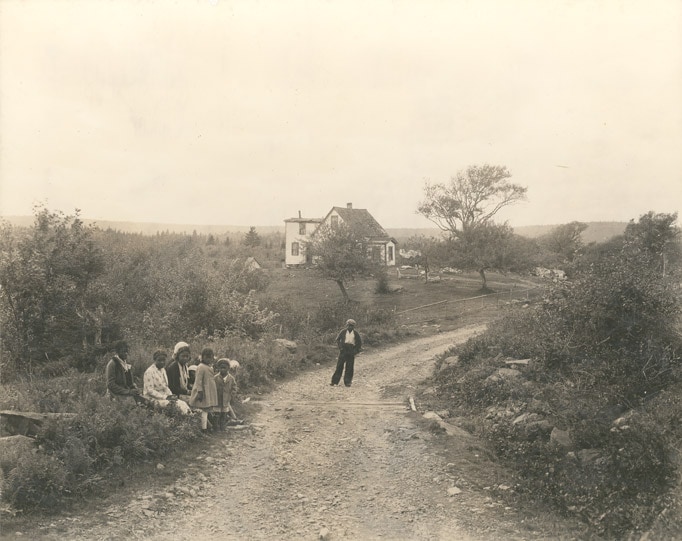
“As African Nova Scotians we have always tried to give our children what we didn’t have, but quite often we failed to give them what we did have.”
It has been a long and arduous journey for African Nova Scotians during the past 100 years and even before.
How did we ever manage to make it this far?
Most would say, a strong belief in God, a sense of community, supporting one another (embracing we instead of me), perseverance, an indomitable spirit, pride, dignity, hard work and respect.
In most if not all African Nova Scotian communities people planted their own food, caught fish, raised chickens, owned at least one horse, caught rabbits, raised pigs, and cut hay for their animals, etc.
During the latter part of September of each year was harvest time, a very special time. The harvest was a time for cultivating the fruits of our labor so that we would have food for the hard, long winter months. This was not only the time to take vegetables out of the ground, pick apples, cut and bundle hay for our animals, stew apples to make jams and bottle them, make chows and a variety of preservatives, slaughter pigs and chickens and salt them down for winter but was also a time to give thanks to our Creator for the blessings.
Most community members participated in the harvest, including children. After the harvesting was all done including the gathering of firewood for heating the home during winter, it was celebration time. There were celebrations in church to give thanks, and dances in most communities that had a harvest. There were also dinners held at most homes and the sharing of crops and the exchange of some goods.
Earlier in late July or early August of each year community picnics were held. Games for children, food, visitors from neighbouring communities, pray services, dancing, singing, the return of family members and so so much more.
During these times and also during other times when fathers and sons and mothers and daughters would venture out into the woods for a walk, a parent quite often would point out tips of survival in the wood if stranded. For example, berries to eat, certain bark on the tree for healing tea, how to find or create a safe space for resting if you had to spend the night and how to make a fire if you had anything made of metal and so much more.
During earlier times when African Nova Scotian children were called n***** and would report it to their parents, their parents would try to lessen the painful impact by suggesting a response. Quite often the response was ” go home and look under your mother’s dress you’ll see all the n***** you want to see and n***** are what your parents are bringing up.”
Of course the above response did not stop the practice of having to hear and endure this insulting and painful word from others, but it did show that our parents had our backs and understood our pain.
During the mid to late seventies these traditions seems to have abruptly stopped. I guess there may have been many reasons for this, including ageing populations and access to more opportunities, etc.
The elders of the African Nova Scotian community were miracle workers. For example, they seemed to know just what to do when sickness, accidents or illness happened, and midwives in our communities were wonderful and so skilled and talented. Their skill was said to come directly from on high. Many of my siblings were born at home.
Unfortunately, we as a people have strayed away from our rich history of survival. We cannot go back, but we must share our stories with our children, write our stories and be ever so proud and thankful for those that came before us. Indeed they laid the roads we now walk on.
Peace Be Upon You
Raymond Sheppard
With a special thanks to our generous donors who make publication of the Nova Scotia Advocate possible.
Subscribe to the Nova Scotia Advocate weekly digest and never miss an article again. It’s free!



